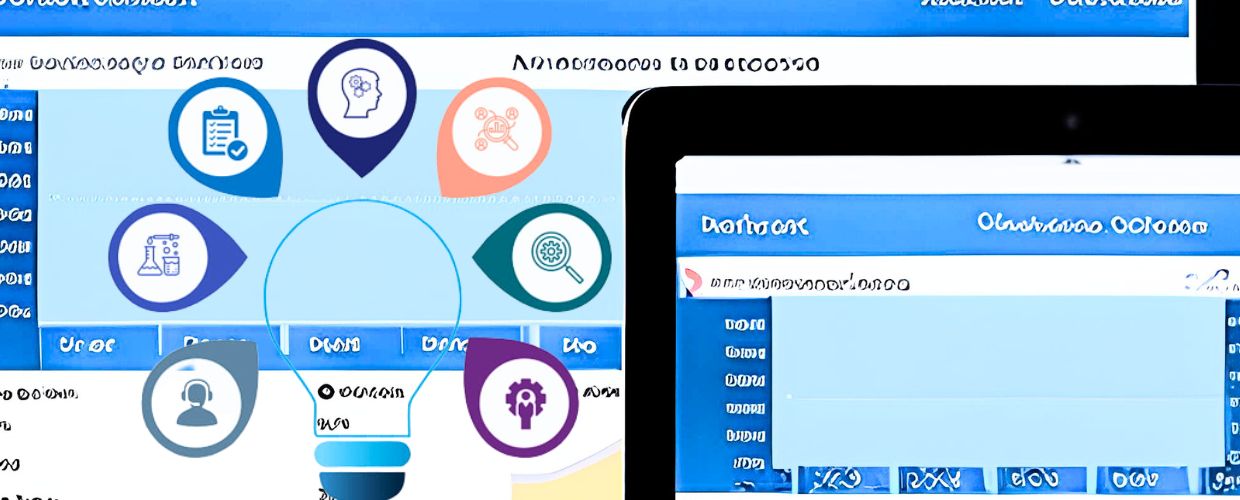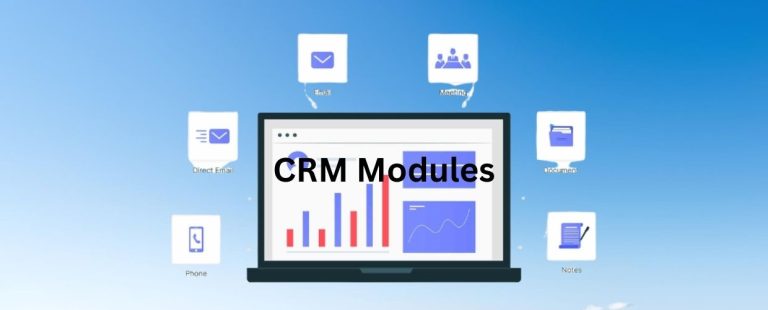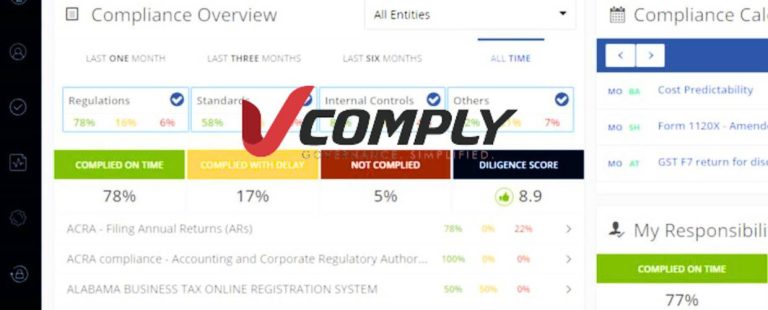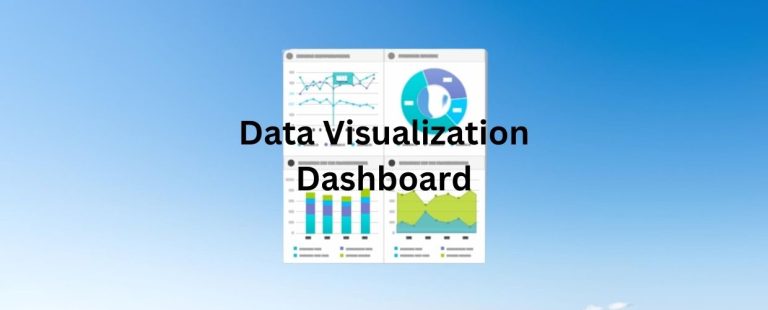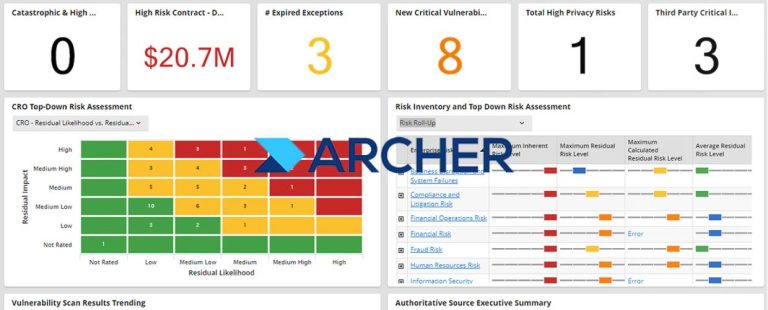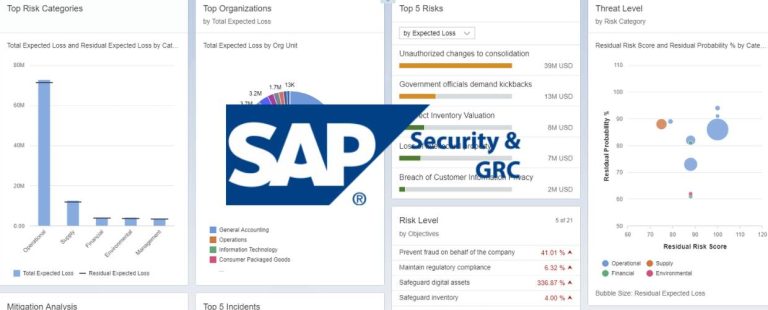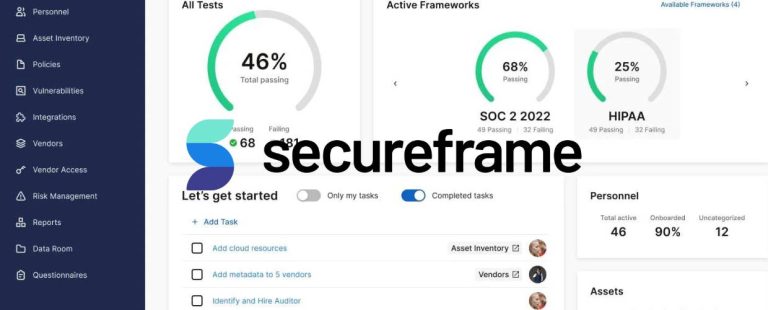In today’s data-driven world, businesses are constantly faced with overwhelming information. To stay competitive and make informed decisions, organizations need powerful tools that can help them make sense of their data. It is where Business Intelligence software comes into play. Business Intelligence software empowers businesses to unleash the power of their data and transform it into actionable insights. This article will explore the concept of Business Intelligence software, its benefits, key features, and its impact on decision-making.
What is Business Intelligence (BI)?
Business Intelligence refers to technologies, applications, and practices that enable organizations to gather, store, analyze, and transform raw data into meaningful insights. Business Intelligence software provides a comprehensive view of an organization’s data, allowing users to visualize, explore, and uncover patterns, trends, and relationships within the data. It combines data from various sources, such as databases, spreadsheets, and external systems, to provide a holistic understanding of the business.
Benefits of Business Intelligence Software
Business Intelligence software enables organizations to make informed decisions based on data rather than relying on intuition or guesswork. It provides real-time access to key performance indicators (KPIs) and metrics, allowing stakeholders to monitor business performance and identify areas for improvement. Data-driven decision-making leads to better outcomes and reduces the risk of making decisions based on incomplete or inaccurate information.
Improved Operational Efficiency
Business Intelligence Software saves time and resources by streamlining data analysis and reporting processes. It automates data collection, cleansing, and aggregation, reducing the need for manual data manipulation. It allows employees to focus on analyzing insights and taking action rather than spending time on repetitive tasks. Improved operational efficiency leads to cost savings, increased productivity, and better resource allocation.
Enhanced Visibility
Business Intelligence Software provides a centralized view of data from multiple sources, making tracking and monitoring business operations easier. It offers interactive dashboards and visualizations that enable users to drill down into the details and identify trends, outliers, and anomalies. This increased visibility enables organizations to identify bottlenecks, inefficiencies, and areas of improvement, leading to more effective and agile decision-making.
Forecasting and Predictive Analytics
Business Intelligence Software leverages historical data and statistical models to forecast future trends and outcomes. Organizations can make accurate predictions by analyzing patterns, identifying correlations, optimizing resource allocation, and proactively addressing potential challenges or opportunities. Forecasting and predictive analytics enable businesses to anticipate market demands, adjust production levels, and align strategies accordingly.
Competitive Advantage
In today’s fast-paced business environment, gaining a competitive edge is crucial. Business Intelligence Software provides insights into market trends, customer behavior, and competitor analysis. This information helps organizations identify market opportunities, develop effective strategies, and stay competitive. By understanding customer preferences and market dynamics, businesses can tailor their offerings, improve customer satisfaction, and differentiate themselves in the market.
Key Features of Business Intelligence Software
Business Intelligence Software allows organizations to connect and integrate data from multiple sources, such as databases, spreadsheets, cloud storage, and third-party applications. It ensures a unified and comprehensive view of the business. Data integration eliminates data silos and enables users to analyze data from different systems simultaneously, providing more accurate and holistic insights.
Data Visualization
Visualizations, such as charts, graphs, and maps, transform complex data into intuitive and easily understandable formats. Interactive dashboards enable users to explore data, filter information, and drill down into specific details. Data visualization enhances data comprehension, facilitates data exploration, and effectively communicates insights across the organization.
Ad Hoc Reporting and Self-Service Analytics
Business Intelligence Software empowers users to create custom reports and queries without relying on IT or data analysts. Self-service analytics allows business users to access and analyze data independently, reducing the dependency on technical resources. This self-sufficiency enables faster decision-making and promotes a data-driven culture throughout the organization.
Data Mining and Advanced Analytics
Business Intelligence software goes beyond basic reporting and allows organizations to perform advanced analytics. Data mining techniques, such as clustering, regression, and classification, uncover hidden patterns and relationships within the data. Advanced analytics enable organizations to perform complex calculations, statistical analysis, and predictive modeling to derive actionable insights.
Mobile and Real-time Access
Business Intelligence Software provides mobile applications and responsive interfaces, allowing users to access insights anytime, anywhere, and on any device. Real-time data updates ensure decision-makers have the most current information at their fingertips, enabling them to respond promptly to changing market conditions and make informed decisions.
The Impact of Business Intelligence Software on Decision-Making
Business Intelligence Software is critical in strategic planning by providing data-driven insights into market trends, customer behavior, and competitive landscapes. Organizations can identify growth opportunities, optimize resource allocation, and develop effective strategies based on data-backed insights. Strategic planning becomes more accurate and aligned with business goals, reducing the risk of making decisions based on incomplete or outdated information.
Operational Decision-Making
Business Intelligence Software enables operational decision-making by providing real-time visibility into key performance indicators and operational metrics. Organizations can monitor performance, identify bottlenecks, and make data-driven decisions to improve operational efficiency. With the ability to analyze data from multiple sources, businesses can uncover the root causes of issues, optimize processes, and make timely adjustments.
Customer-centric Decision Making
Business Intelligence Software enables organizations to deeply understand their customers through data analysis. Businesses can tailor their offerings, improve customer satisfaction, and enhance customer retention by analyzing customer behavior, preferences, and feedback. Data-driven insights help organizations identify the most valuable customers, personalize marketing campaigns, and provide exceptional customer experiences.
Risk Management
Business Intelligence Software enables organizations to proactively identify and manage risks by analyzing historical data and patterns. By monitoring key metrics and performance indicators, businesses can identify potential risks, anticipate market fluctuations, and take timely actions to mitigate them. Data-driven risk management minimizes the impact of disruptions and ensures business continuity.
Innovation and Business Growth
Business Intelligence Software fuels innovation by providing insights into market trends, customer demands, and emerging opportunities. Organizations can identify untapped markets, new product ideas, and potential areas for business growth. Businesses can make informed decisions on product development, market entry strategies, and investment opportunities by analyzing data, driving innovation and sustainable growth.
Conclusion
In today’s data-driven business landscape, organizations need to find a way to afford to make decisions based on intuition or guesswork. Business Intelligence software empowers businesses to harness the power of data and make informed decisions that drive growth, efficiency, and competitiveness. By providing real-time insights, streamlining data analysis processes, and enabling self-service analytics, Business Intelligence Software enhances decision-making at all levels of the organization. Embracing the power of Business Intelligence is no longer an option but a necessity for organizations that want to thrive in an increasingly complex and competitive business environment. With the right Business Intelligence Software, businesses can unlock the full potential of their data and gain a competitive edge in the dynamic business world.
